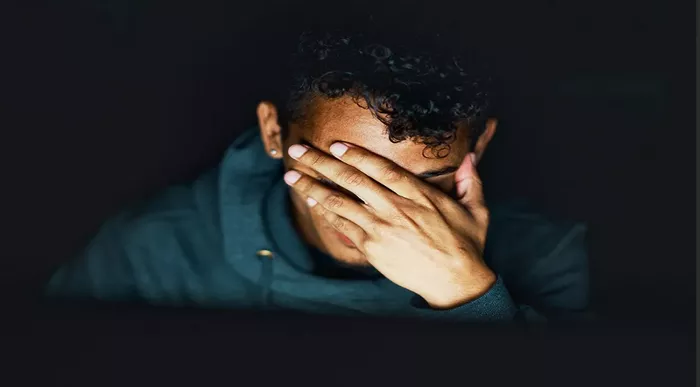Global health organizations are sounding alarms about a silent epidemic in men’s mental health, with mortality data revealing alarming spikes in so-called “deaths of despair”—suicides, overdoses, and alcohol-related fatalities. The latest WHO report shows men now account for 80% of global suicides, with rates among middle-aged men increasing by 28% since 2019. In the U.S., the Centers for Disease Control documents that men die from overdose at 2.5 times the rate of women, while UK data shows alcohol-related deaths among men have reached record highs.
This crisis stems from a perfect storm of biological, psychological, and social factors. Neurological research indicates male brains may be more vulnerable to certain stress responses, while testosterone fluctuations appear linked to risk-taking behaviors.
Psychosocially, traditional masculinity norms continue to discourage help-seeking—studies show men are 50% less likely than women to access mental health services despite having comparable need. Economic pressures compound the issue, with automation disproportionately eliminating male-dominated jobs and destabilizing traditional provider roles.
Innovative approaches are emerging to address this gender-specific crisis. Australia’s “Men’s Sheds” movement creates non-clinical spaces for social connection around shared activities. Digital platforms like “HeadsUpGuys” provide anonymous, male-tailored resources. Perhaps most impactful are workplace interventions—construction companies implementing “toolbox talks” about mental health report 60% reductions in suicide rates among workers.
The challenge remains systemic. Mental health services must evolve beyond one-size-fits-all models to address gendered differences in symptom presentation (men more often exhibit anger or substance use rather than “classic” depression signs). Public health campaigns face the delicate task of honoring masculine identity while expanding emotional expression norms. As this crisis grows, it highlights the urgent need to redefine societal expectations of masculinity in ways that preserve men’s mental wellbeing.


